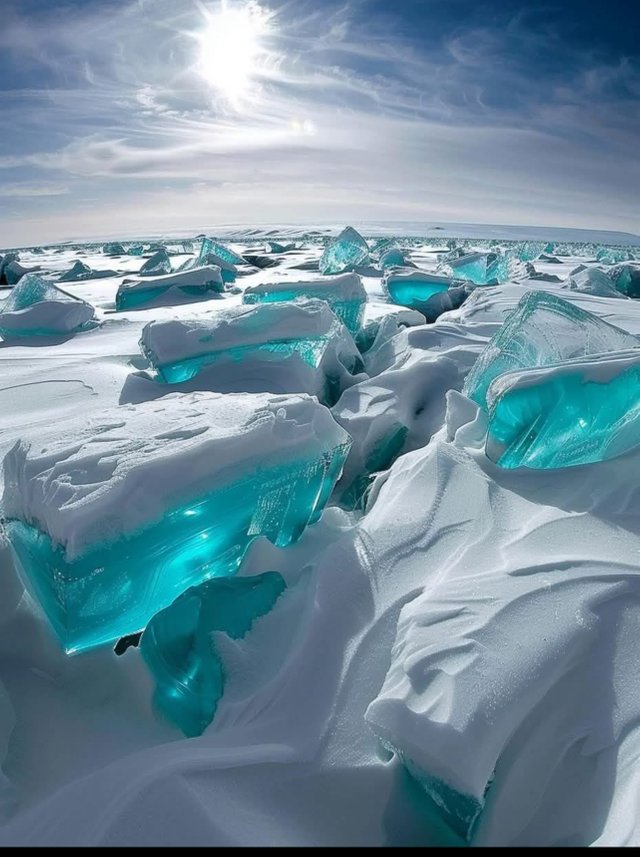Fresh water lake
Lake Baikal is one of the world’s most fascinating and unique natural wonders. Here are some key details about it:
Location:
• Situated in Siberia, Russia, between the Irkutsk Oblast on the northwest and the Republic of Buryatia on the southeast.
Key Facts:
1. Oldest Lake: It is estimated to be around 25–30 million years old, making it the oldest freshwater lake on Earth.
2. Deepest Lake: With a maximum depth of about 1,642 meters (5,387 feet), it is the deepest freshwater lake in the world.
3. Largest by Volume: Lake Baikal holds around 20% of the Earth’s unfrozen freshwater—more than all of North America’s Great Lakes combined.
4. Unique Biodiversity:
• Home to over 2,500 species of animals and plants, with about 80% being endemic (found nowhere else).
• Includes the famous Baikal seal (nerpa), the only freshwater seal species.
5. UNESCO World Heritage Site: Designated in 1996 for its exceptional natural value.
Features:
• Crystal-clear waters: The water is incredibly clear, allowing visibility down to depths of over 40 meters in some areas.
• Frozen beauty: In winter, the lake freezes over, creating breathtaking ice formations and patterns.
• Cultural significance: Considered sacred by indigenous Buryat people and central to local legends.
Tourism:
Visitors are drawn to Lake Baikal for:
• Hiking the Great Baikal Trail.
• Exploring the islands, especially Olkhon Island, the largest on the lake.
• Experiencing the Trans-Siberian Railway, which passes near the lake.
• Winter sports and ice adventures.
Would you like more detailed information or help planning a virtual trip to Lake Baikal?
